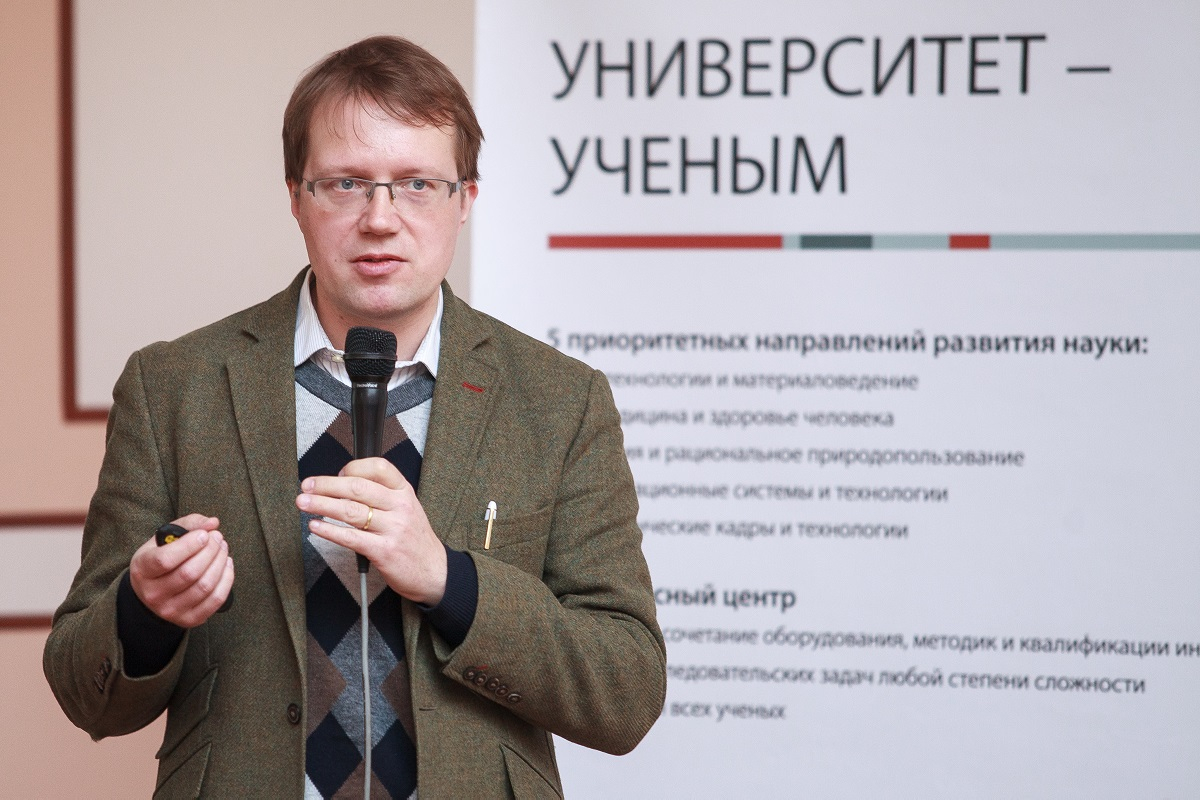SPbU’s project wins the competition of the Ministry of Education and Science

The project “Development of the concept of analogue quantum simulators on the periodic arrays of polariton traps” wins 30 mln rubles to carry out applied research in quantum technologies.
The competition was announced in February in 2017 within the Federal programme “Research and development in the priority areas of science and technologies in Russia from 2014 to 2020”.
Among 25 applications, submitted by the world’s leading scientists, the jury selected only four applications. The maximum financial support — 30 mln rubles — was awarded to SPbU’s Professor Aleksei Kavokin, Spin Optics Laboratory.
To carry out the research, he brought together the world’s leading scientists who are at the forefront of science in the physics of “liquid light” — polariton studies. As one of the key conditions of the competition was a close cooperation with the Greek research institutions, the project comprises several scientists from Greece: Pavlos Savvidis and Pavlos Lagoudakis, who is the head of the Hybrid Photonics Group. Mong the group members is also French scientist Fabrice Laussy, who is a leading expert in the Russian Quantum Centre.
“Our project primarily focuses on developing a quantum simulator, a device that will solve different tasks within billion splits of a second. Now these tasks are difficult to solve by using ordinary computers. Several world’s laboratories are developing such simulators, Google Quantum A.I. Lab in particular. What makes us different is we are developing a simulator by using well-developed technology of semiconducting crystal growth. It will eventually make our device easier to use, value for money and more efficient than Google’s devices which cost about 5 mln dollars each”, — said Aleksei Kavokin.
During two years, they hope, the project will make a breakthrough in experimental science and make grounds for production of quantum simulators on an industrial scale.
Results of the competition of the Ministry of Education and Science to carry out research in the priority areas with the Greek research institutions and universities.

